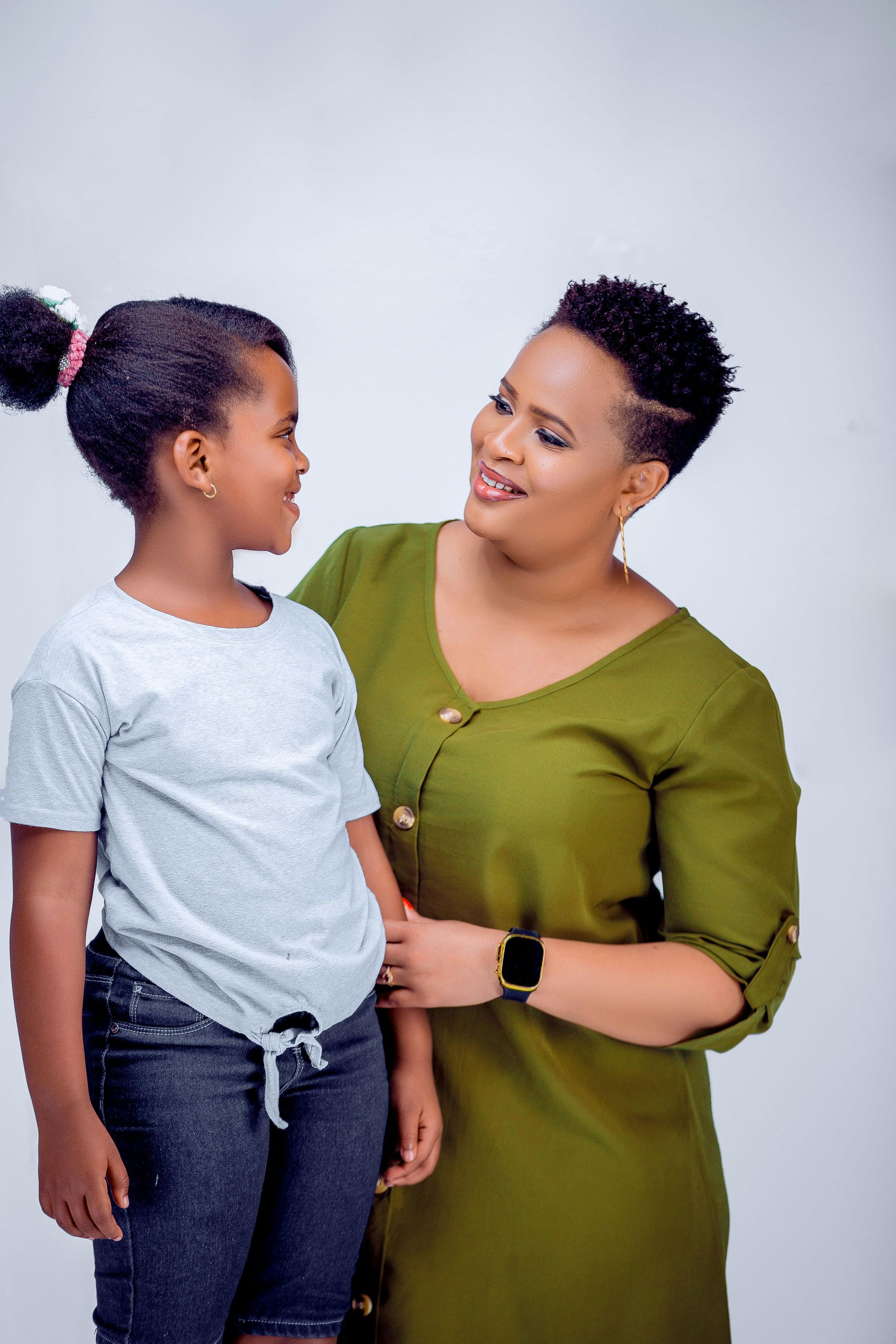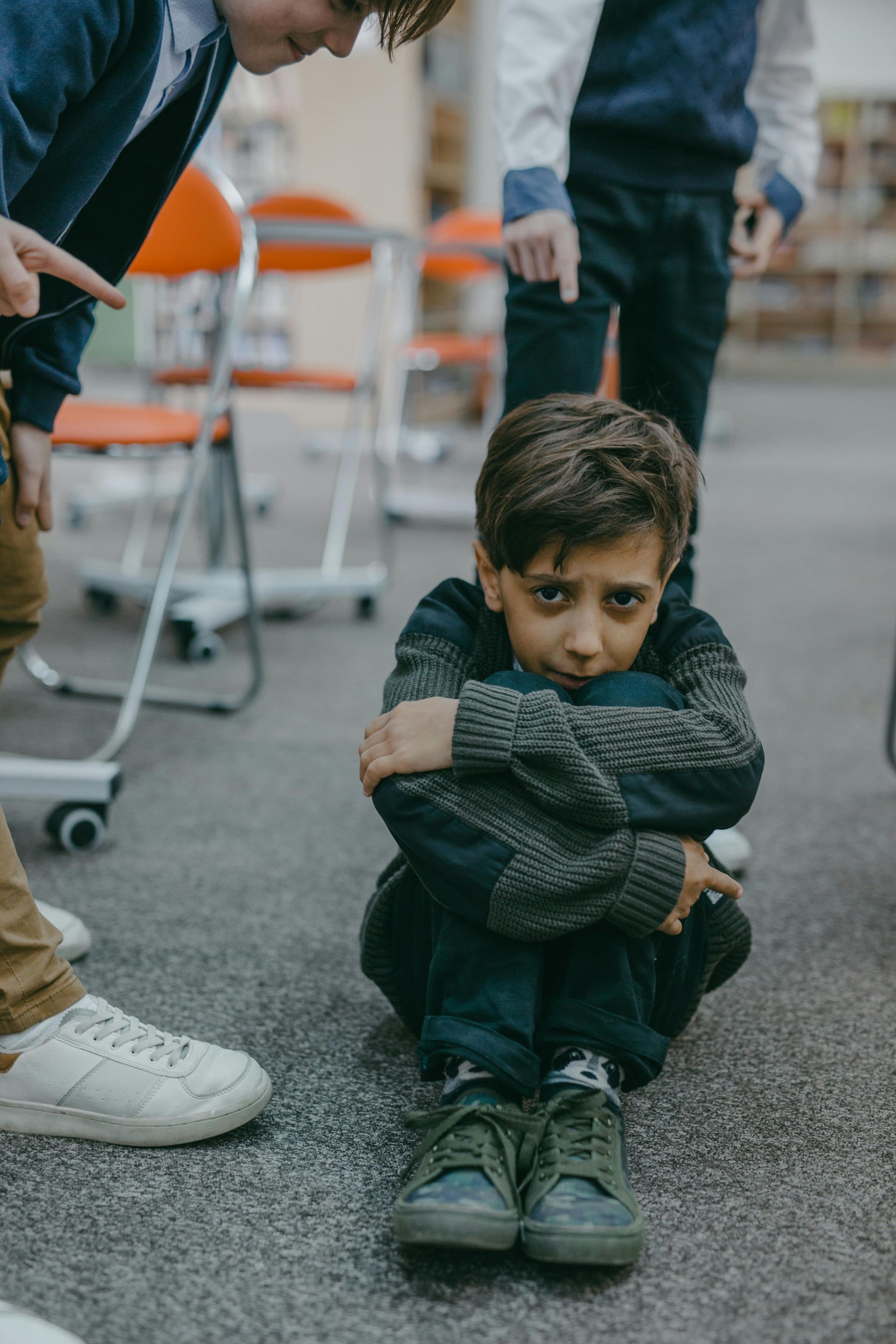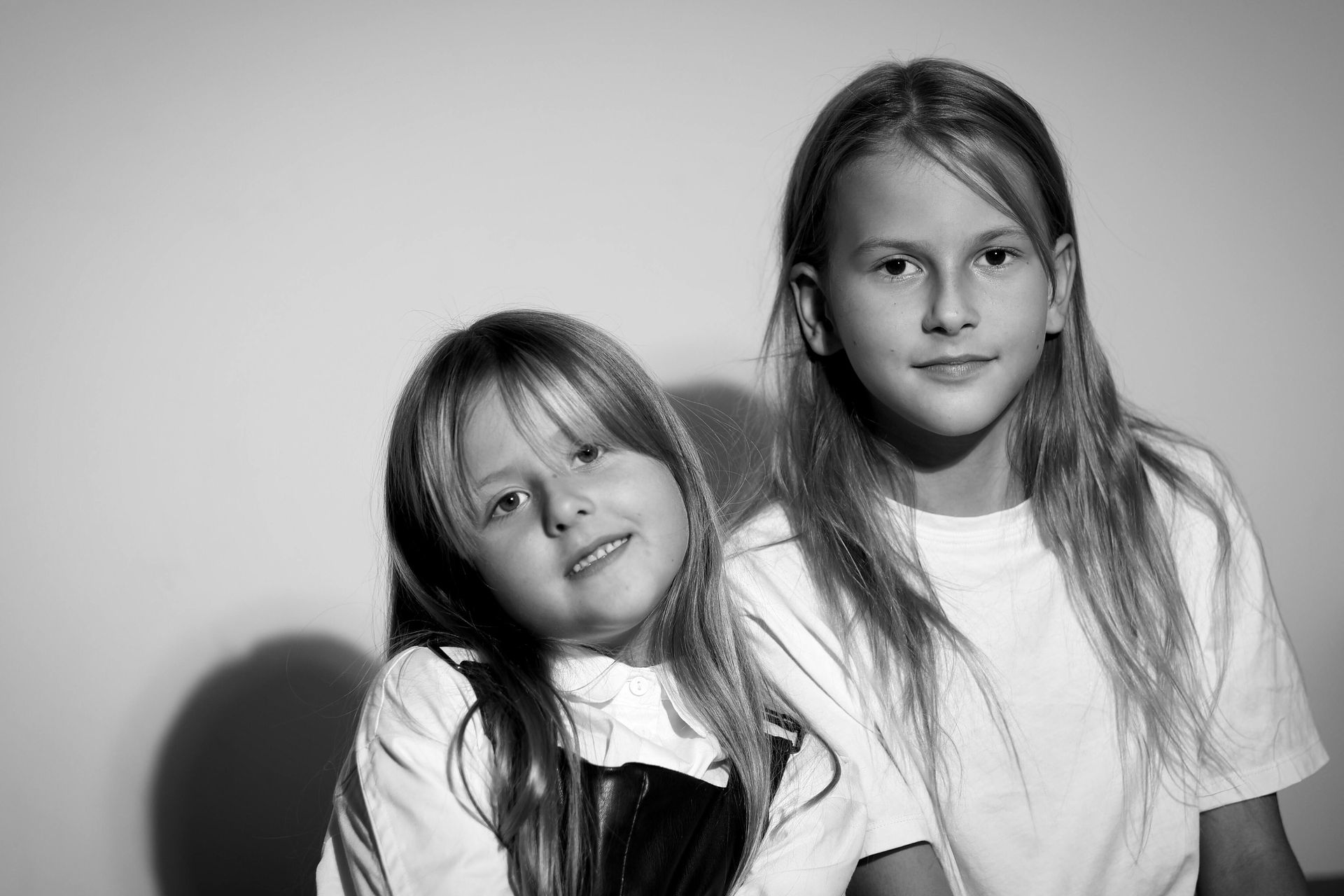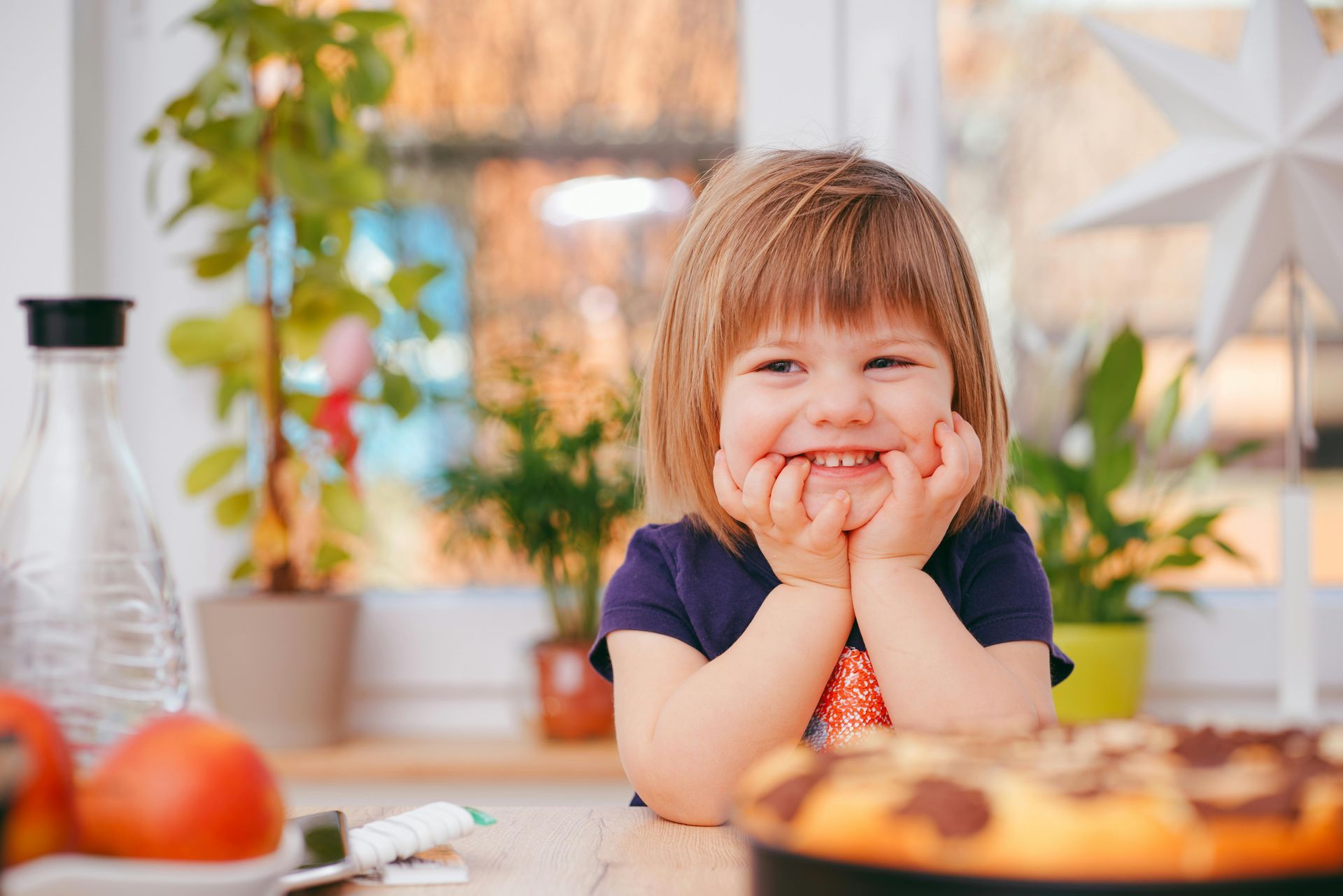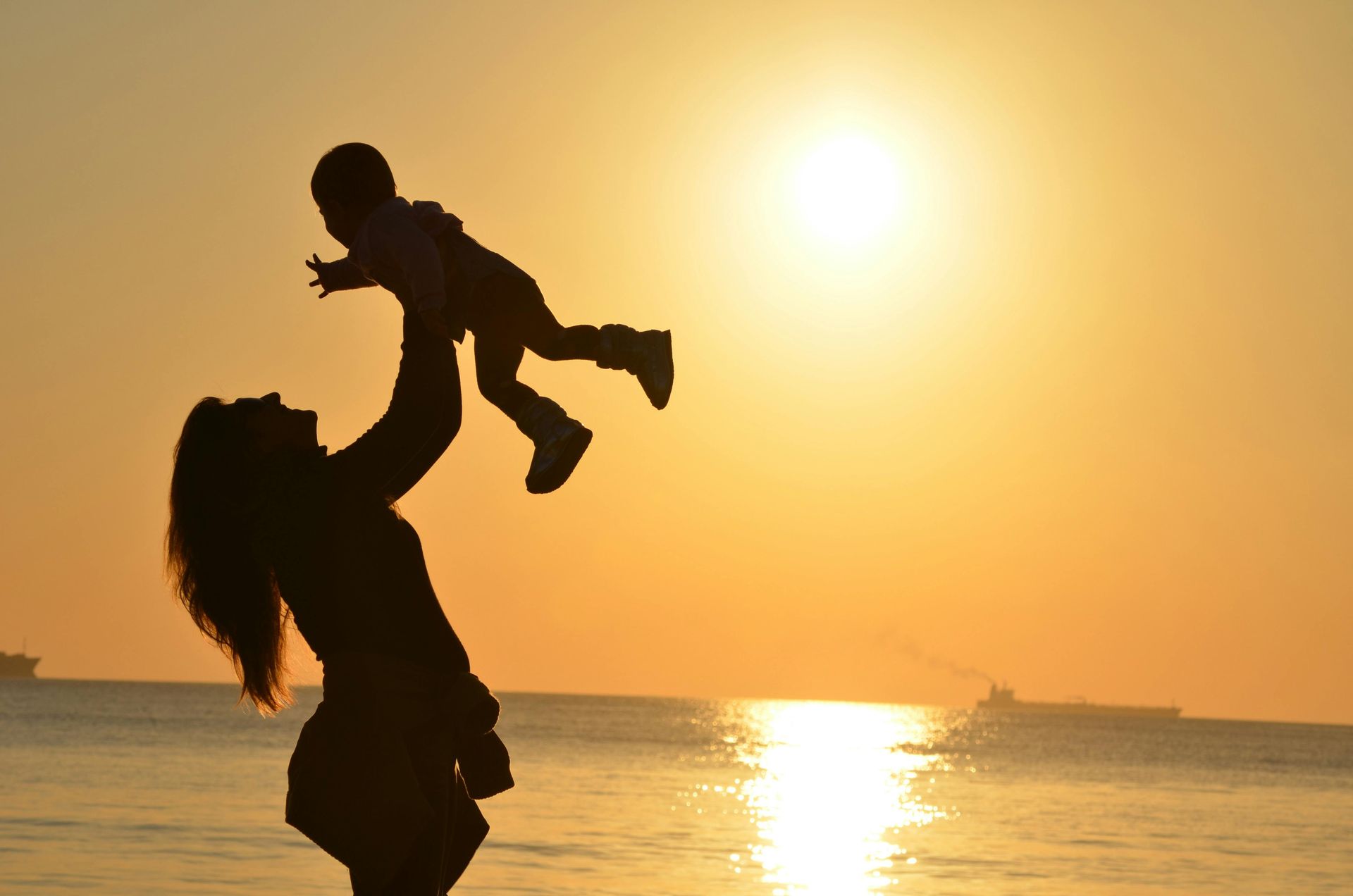The Impact of Divorce on Children: Emotional, Behavioral, and Psychological Effects
Divorce is a life-altering event that affects not only the couple but also the children involved. When parents separate, children often face emotional and psychological challenges as they navigate the changes in their family structure. Understanding the potential impact of divorce on children is crucial for both parents and society to ensure that the well-being of the child is prioritized during and after the process.
In this blog, we will explore the effects of divorce on children, the factors influencing how children cope, and strategies to support them during this difficult time.
Emotional Effects of Divorce on Children
The emotional response of children to divorce can vary widely depending on their age, temperament, and the circumstances surrounding the separation. However, some common emotions that many children experience include:
1. Sadness and Grief: Divorce can be a form of loss for children, akin to the death of a loved one. They may grieve the loss of the family unit, the daily presence of one or both parents, and the routines they once knew. This sadness can manifest as crying, withdrawal from family or friends, or a sense of helplessness.
2. Fear and Anxiety: The uncertainty that comes with divorce often leads to anxiety. Children may fear losing their parents' love or worry that they may never see one parent again. The disruption of their living situation, school environment, or friendships may also lead to anxiety about the future.
3. Anger and Guilt: Children sometimes feel anger towards one or both parents, particularly if they perceive one as being responsible for the breakup. Younger children may also experience guilt, mistakenly believing they somehow caused the divorce or that they could have prevented it.
4. Confusion and Emotional Instability: Divorce introduces complexities into a child’s life that can be hard to comprehend, especially for younger children. They may feel conflicted about their loyalty to both parents, or confused about how to maintain relationships with both sides of the family. This confusion can lead to emotional instability, with children vacillating between emotional highs and lows.
Behavioral Effects of Divorce on Children
Children's behavior often reflects the emotional turmoil they experience during and after a divorce. These behaviors can manifest in different ways depending on the child's age and personality.
1. Regressive Behavior in Younger Children: Young children, especially those under five, may revert to behaviors they had previously outgrown, such as bedwetting, thumb-sucking, or tantrums. This regression is often a response to the stress and fear that divorce brings, as they struggle to cope with the changes in their environment.
2. Academic Decline: School-aged children may experience difficulty concentrating on their schoolwork, leading to a drop in grades. Divorce can distract children from their studies due to the emotional strain, changes in their home environment, or shifts in daily
routines. In some cases, children may act out in the classroom as a way of seeking attention or expressing their frustration.
3. Increased Aggression or Rebellion in Adolescents: Teenagers may express their anger or frustration about the divorce through rebellious or defiant behavior. This can include substance abuse, truancy, or risky sexual behaviors. Divorce can lead teens to challenge authority figures or rebel against established rules at home or school as they struggle to cope with the emotional fallout.
4. Social Withdrawal: On the other hand, some children respond to divorce by withdrawing socially. They may isolate themselves from friends, family, or activities they once enjoyed. This withdrawal can be a way for them to avoid discussing their feelings or confronting the changes in their family life.
Psychological Effects of Divorce on Children
Beyond the immediate emotional and behavioral effects, divorce can have long-term psychological impacts on children, particularly if the divorce is contentious or prolonged.
1. Depression and Anxiety: Children of divorce are at a higher risk for developing mental health issues such as depression and anxiety. The stress of the separation, combined with potential exposure to parental conflict or instability, can contribute to long-term feelings of sadness, hopelessness, or chronic worry. If left untreated, these feelings can develop into more serious mental health issues that persist into adulthood.
2. Attachment Issues: Divorce can affect how children form and maintain relationships later in life. Some children may struggle with trust issues, fearing that relationships are inherently unstable. Others may become overly dependent on close relationships or avoid intimacy altogether as a defense mechanism. These attachment issues can affect friendships, romantic relationships, and their own future family dynamics.
3. Identity and Self-Esteem Challenges: Children of divorce may experience difficulties with their sense of identity, particularly if they feel caught between two households. They may struggle to understand their role within the family or where they belong. This can lead to issues with self-esteem, as children may internalize the divorce as a reflection of their own worth.
Factors That Influence the Impact of Divorce on Children
Not all children are affected by divorce in the same way. Several factors can influence how well a child copes with their parents' separation:
1. Age: Younger children may struggle more with understanding the reasons for the divorce, while older children and teens may be more aware of the dynamics between their parents. However, older children may also feel more burdened by the emotional weight of the situation.
2. Parental Conflict: High levels of conflict between parents, both during and after the divorce, tend to have a more negative impact on children. Witnessing arguments, hostility, or violence can be traumatic for children and exacerbate their emotional distress.
3. Parenting Styles: The level of parental involvement and consistency in parenting after divorce plays a critical role. Children tend to fare better when both parents remain actively involved in their lives and when the parents can co-parent amicably.
4. Support Systems: Children who have strong support systems, including extended family, teachers, and counselors, may cope better with divorce. Having trusted adults they can talk to and rely on can help mitigate the negative effects of the separation.
Supporting Children Through Divorce
While divorce is difficult, there are strategies that can help minimize its negative impact on children:
1. Open Communication: Encourage children to express their feelings and reassure them that both parents love them. Make sure they understand that the divorce is not their fault.
2. Consistency and Stability: Try to maintain a sense of routine and stability in the child’s life, including consistent rules and schedules across both households.
3. Therapy and Counseling: Professional counseling can provide children with a safe space to explore their emotions and develop coping strategies. Family therapy may also help improve communication between parents and children.
4. Minimize Conflict: Shield children from parental conflict as much as possible. When parents cooperate and show respect for one another, children are more likely to adjust healthily.
Conclusion
Divorce is a challenging life event for children, but with the right support and understanding, many children are able to adapt and thrive. By prioritizing the emotional and psychological well-being of children, parents can help them navigate this transition with resilience and stren
More Family Law Blogs
by Anne Harvey

